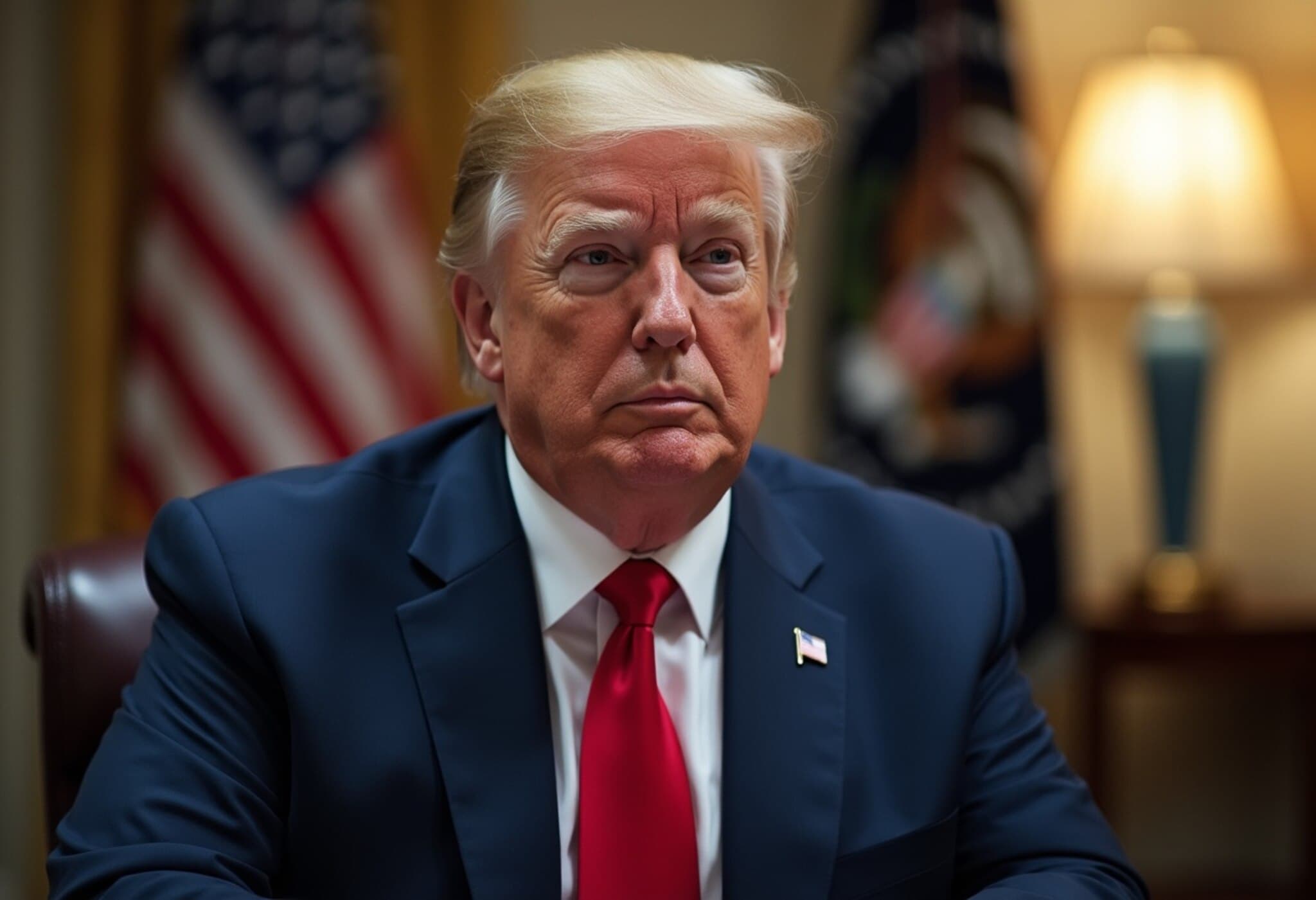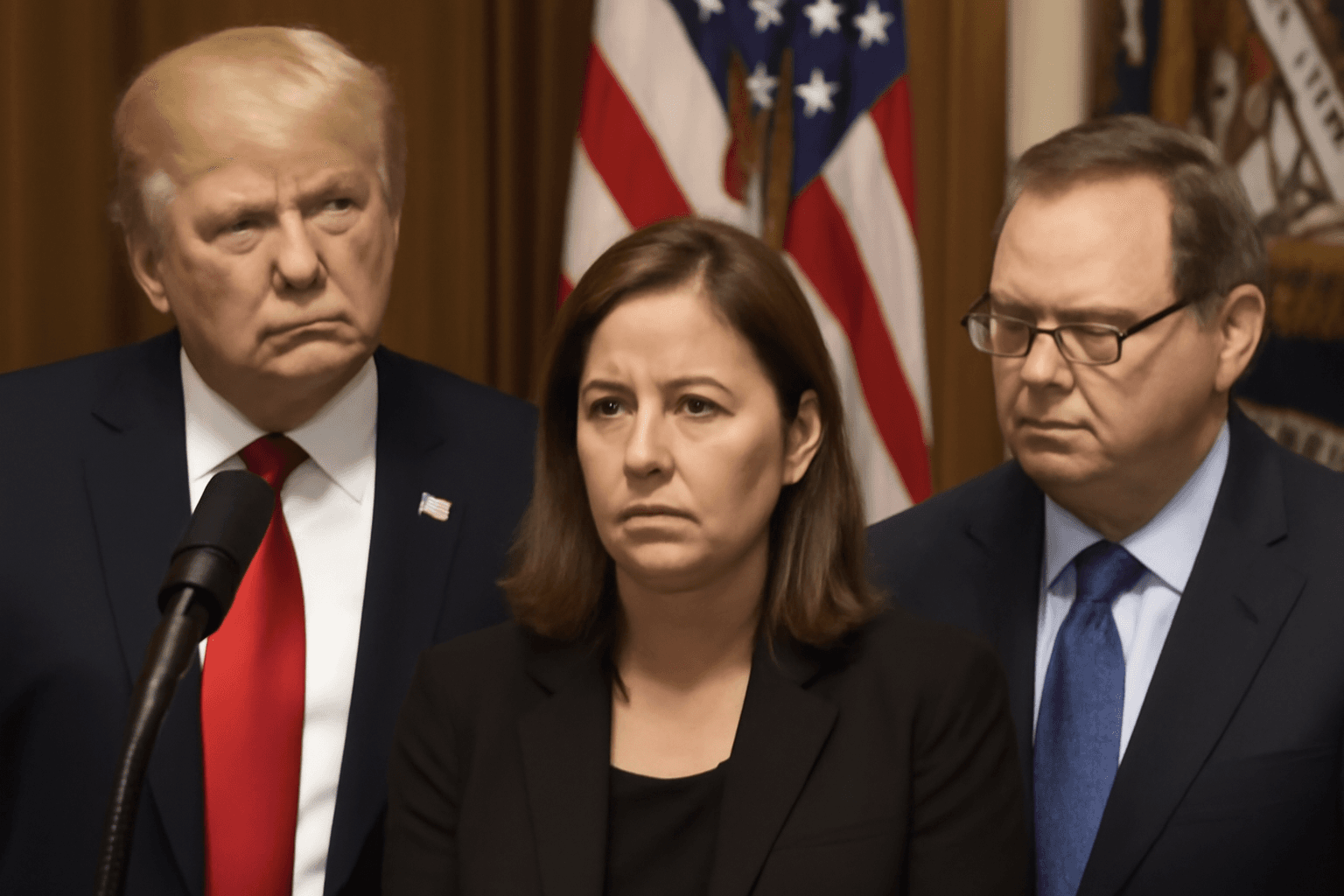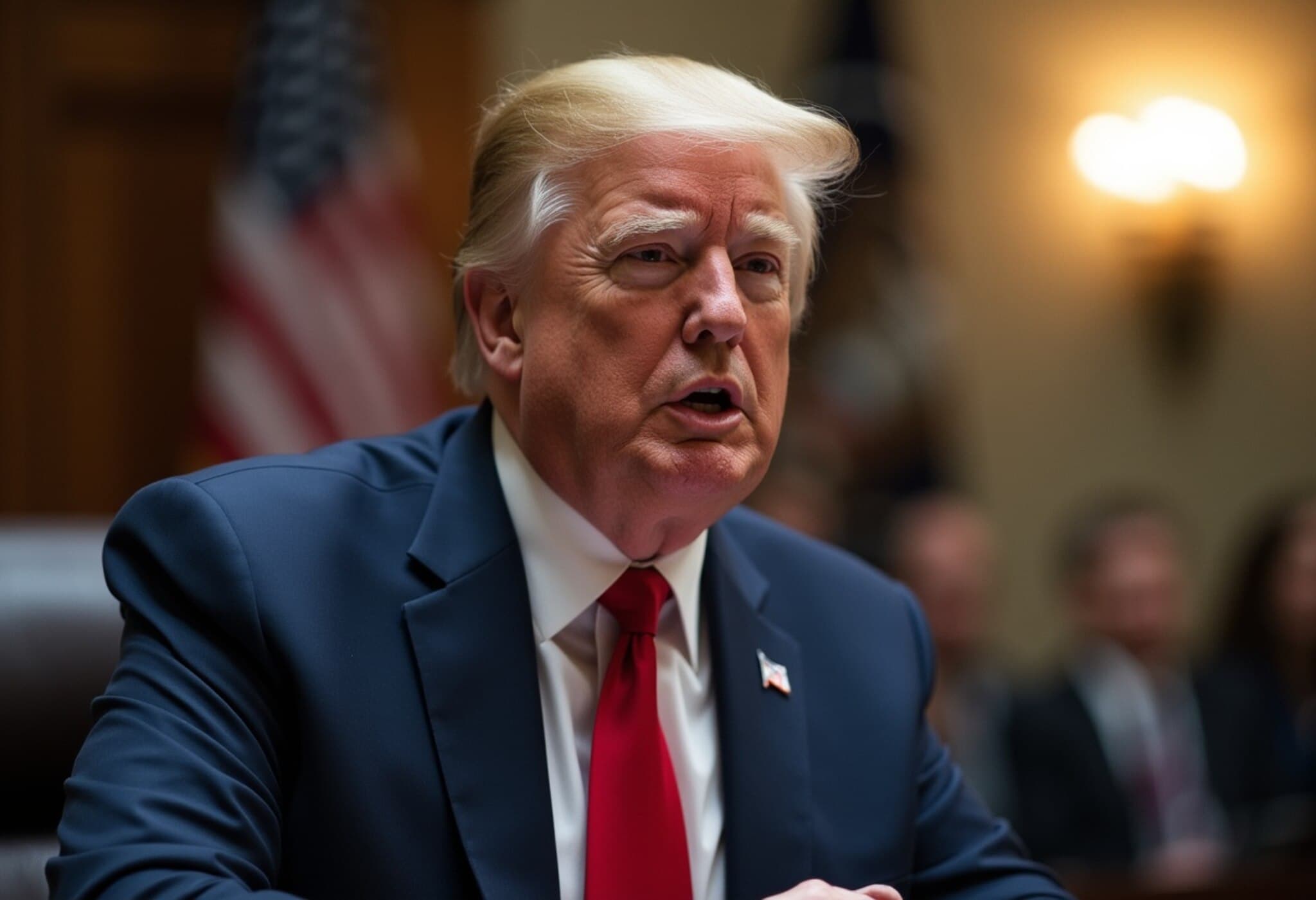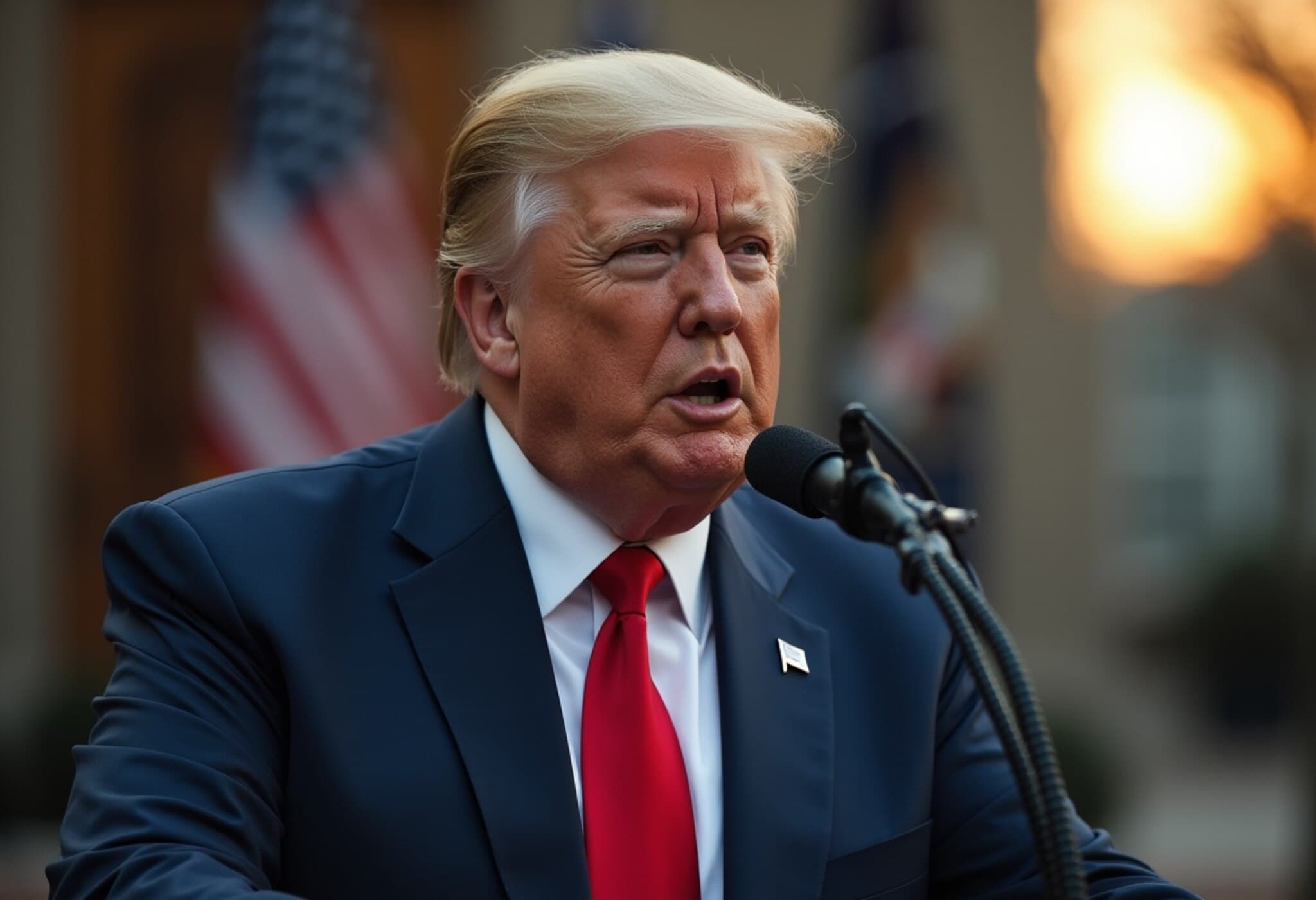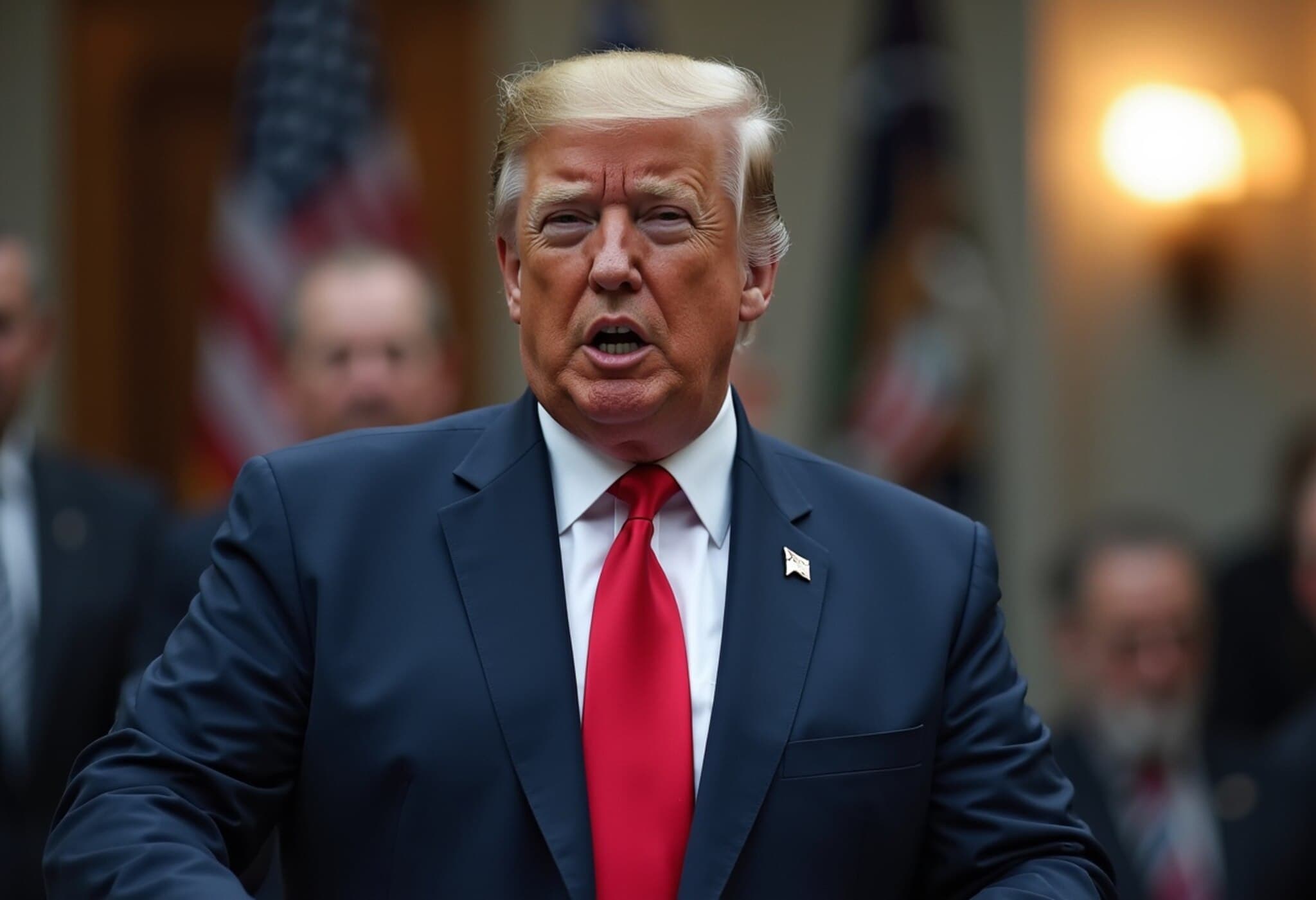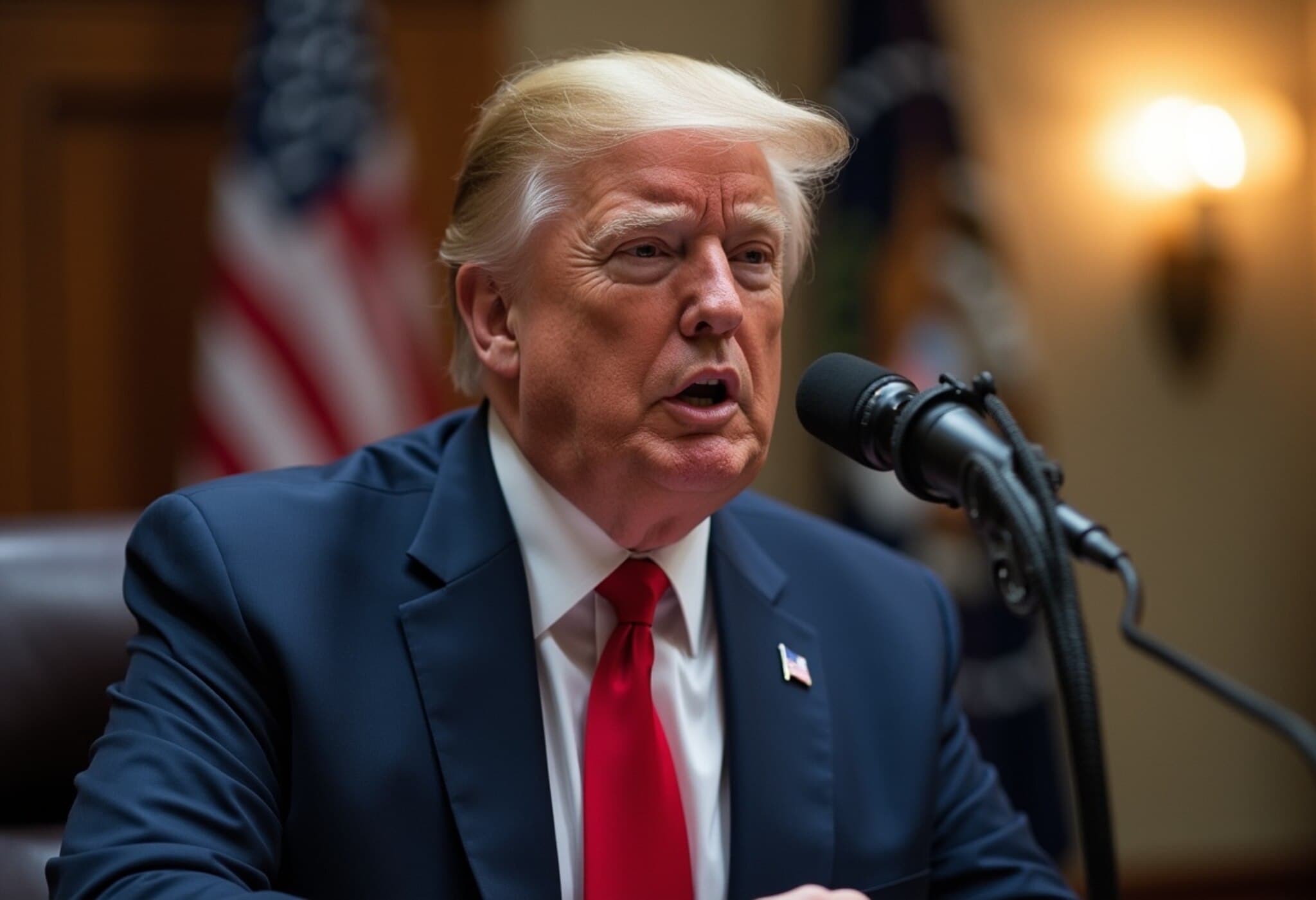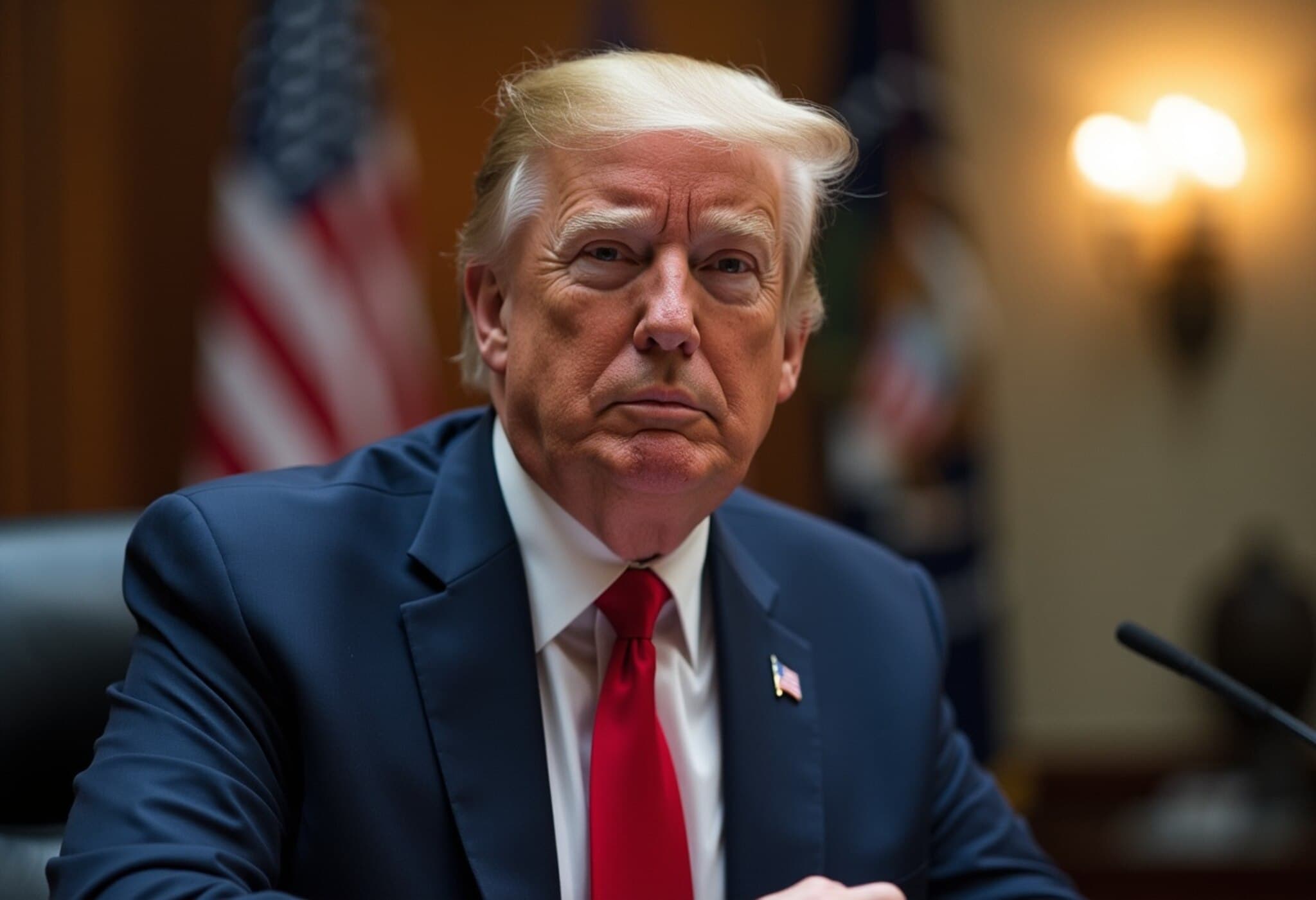Trump Selects EJ Antoni to Lead Bureau of Labor Statistics After Controversial Dismissal
In a move stirring both political and economic discussions, former President Donald Trump announced his intention to nominate economist EJ Antoni as the next commissioner of the Bureau of Labor Statistics (BLS). The nomination follows Trump’s recent firing of the agency's prior head, Erika McEntarfer, amid a heated dispute over the accuracy and interpretation of U.S. jobs data.
The Background: Jobs Data Dispute Sparks Turmoil
McEntarfer was removed from her role on August 1, 2025, shortly after the BLS released labor market reports showing weaker-than-expected job growth for July. More notably, substantial downward revisions from previous months raised eyebrows and spurred accusations from Trump’s camp alleging data manipulation. Such claims have inflamed debates over the integrity and transparency of federal labor statistics—data pivotal to economic policy and public confidence.
Who Is EJ Antoni? A Critical Voice Elevated
The newly tapped nominee, EJ Antoni, currently serves as chief economist at the conservative Heritage Foundation. Known for his vocal critiques of the BLS under McEntarfer, Antoni advocated publicly for her removal, including on Steve Bannon’s podcast where he argued for changes to how jobs data is reported. Moreover, his active involvement with Project 2025—Trump’s ambitious policy platform for a second term—signals his alignment with the former president’s economic vision.
Trump expressed strong confidence in Antoni through a Truth Social post, stating: “I am pleased to announce that I am nominating Highly Respected Economist, Dr EJ Antoni, as the next Commissioner of the Bureau of Labor Statistics. Our economy is booming, and EJ will ensure that the numbers released are HONEST and ACCURATE. I know EJ Antoni will do an incredible job in this new role. Congratulations EJ!”
Implications for U.S. Economic Data and Policy
- Data Integrity and Public Trust: The firing of a BLS commissioner over data disputes raises fundamental questions about the independence and accuracy of economic reporting agencies, integral to decision-making at all government levels.
- Political Influence on Statistics: Antoni’s nomination—following his public criticisms and alignment with Trump’s agenda—highlights the intersection of politics and economic data, a dynamic warranting close scrutiny from policymakers, economists, and the public alike.
- Senate Confirmation Ahead: Antoni’s appointment is pending Senate approval, offering a critical opportunity for bipartisan examination of his qualifications and vision for the BLS.
Expert Analysis
From an economic standpoint, the BLS’s role as a neutral arbiter of labor market health is paramount. Tampering, perceived or otherwise, with employment data risks undermining investor confidence, distorting policy responses, and ultimately impacting American workers and businesses.
Legal experts point out that any attempt to influence federal statistical agencies must be balanced against statutory protections that safeguard their independence. The Senate confirmation process will be a vital arena to assess whether Antoni can uphold these standards while navigating a highly politicized environment.
Looking Ahead: What This Means for America’s Labor Market Narrative
As the nation grapples with inflationary pressures, workforce shifts post-pandemic, and global economic uncertainty, the accuracy and transparency of bureau-released data take on heightened significance. The transition in BLS leadership will be closely watched by economists, businesses, and policy analysts for clues about how labor statistics might evolve, and whether trust in one of the country’s most respected economic institutions can be maintained.
Editor’s Note
The nomination of EJ Antoni to head the Bureau of Labor Statistics spotlights the delicate balance between political agendas and the imperative for impartial economic reporting. Readers should consider how shifts within key federal agencies might affect not only the portrayal of economic realities but also the policies that shape everyday Americans’ livelihoods. The Senate’s upcoming review will be a critical juncture in safeguarding the credibility of U.S. labor statistics.


